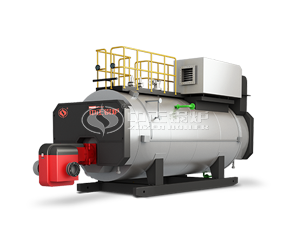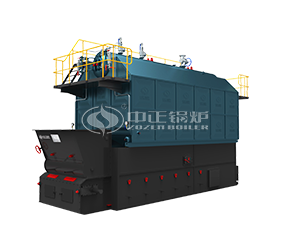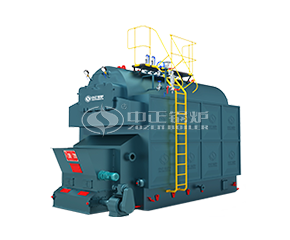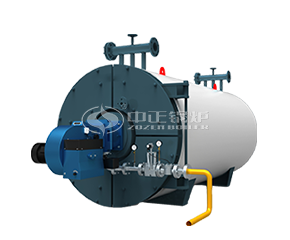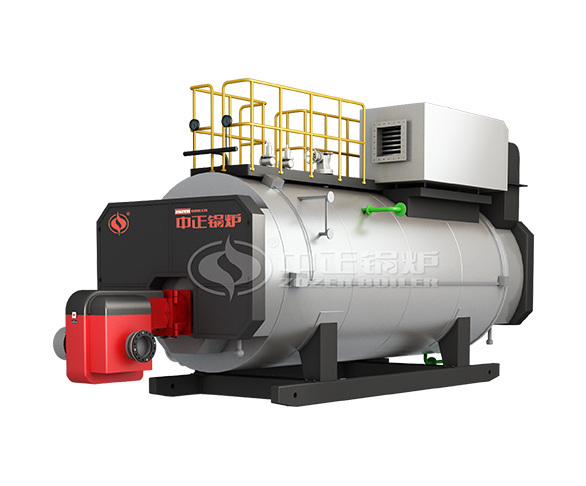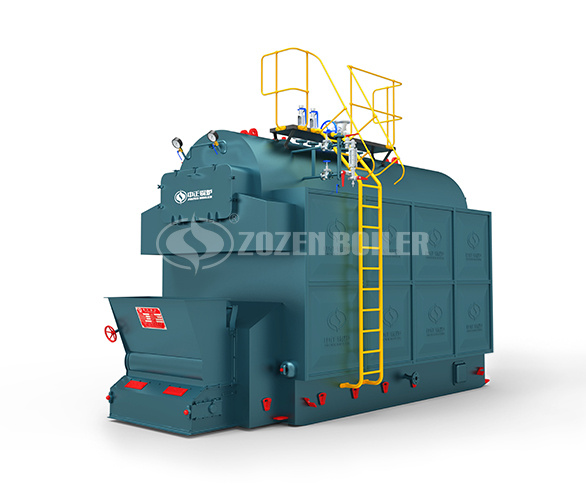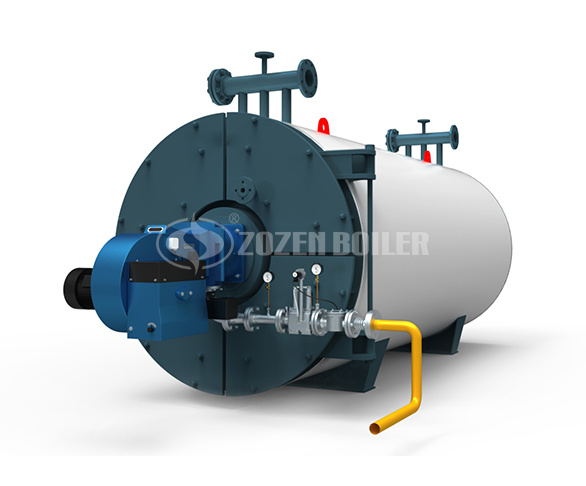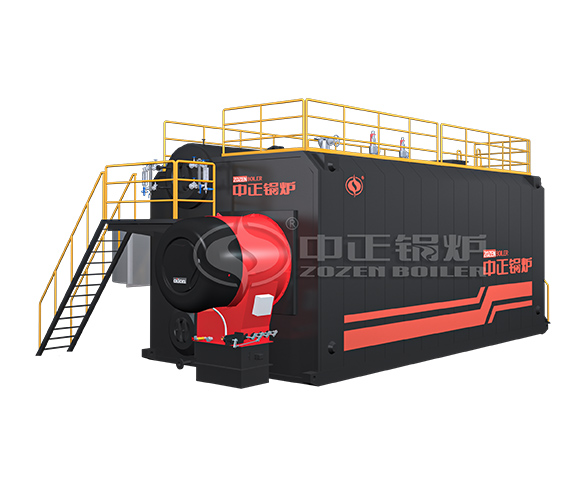A few days ago, the Ministry of Ecology and Environment issued the “Action Plan for Comprehensive Treatment of Air Pollution in the Yangtze River Delta Region in the Autumn and Winter 2020-2021 (Draft for Solicitation of Comments)”. Among them, it is pointed out that Jiangsu and Zhejiang have increased their efforts to shut down and integrate small coal-fired thermal power plants.
Strictly control the total coal consumption. All provinces (municipalities) have completed the total coal consumption control target of the “Three-year Action Plan”. Strictly control the newly installed capacity of coal-fired units, and implement coal reduction in new coal-consuming projects. Focus on reducing non-electric coal, increase the proportion of coal used for electricity, and continue to promote the replacement of coal and fuel with electricity. Jiangsu and Zhejiang have increased the integration of coal-fired small thermal power units.
Before the end of 2020, coal-fired boilers below 35 steam tons per hour will be basically eliminated, coal-fired boilers with 65 steam tons per hour and above will complete energy-saving and ultra-low emission transformation; gas-fired boilers will basically complete low-nitrogen transformation. Under the premise of ensuring the supply of heat sources, coal-fired boilers and outdated coal-fired small thermal power plants within a heating radius of 15 kilometers of 300,000 kilowatts and above cogeneration units have been shut down and integrated.
Increase price policy support. Actively implement the work division of the Ministry of Transport, the National Energy Administration, and the State Grid Corporation of the “Commonly Promoting the Use of Shore Power Strategic Cooperation Framework Agreement for Ships at Ports”, promote the market-oriented purchase and sale of shore power, and reduce the cost of shore power. Study and implement the differentiated freight rate mode of railway collection transportation and de-port transportation to reduce the empty load rate of return trains. Implement the differential electricity price policy, implement higher prices for restricted enterprises, support localities in expanding the scope of the implementation of differential electricity prices and tiered electricity prices according to actual needs, and raise the price increase standard. Further innovate policy measures, formulate and implement ultra-low emission differentiated electricity and water pricing policies for the steel industry, and increase the enthusiasm of enterprises for transformation.
